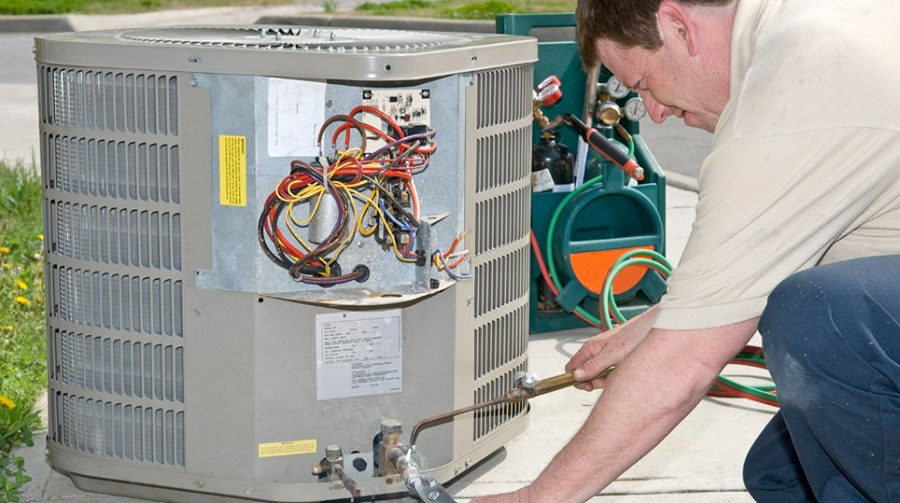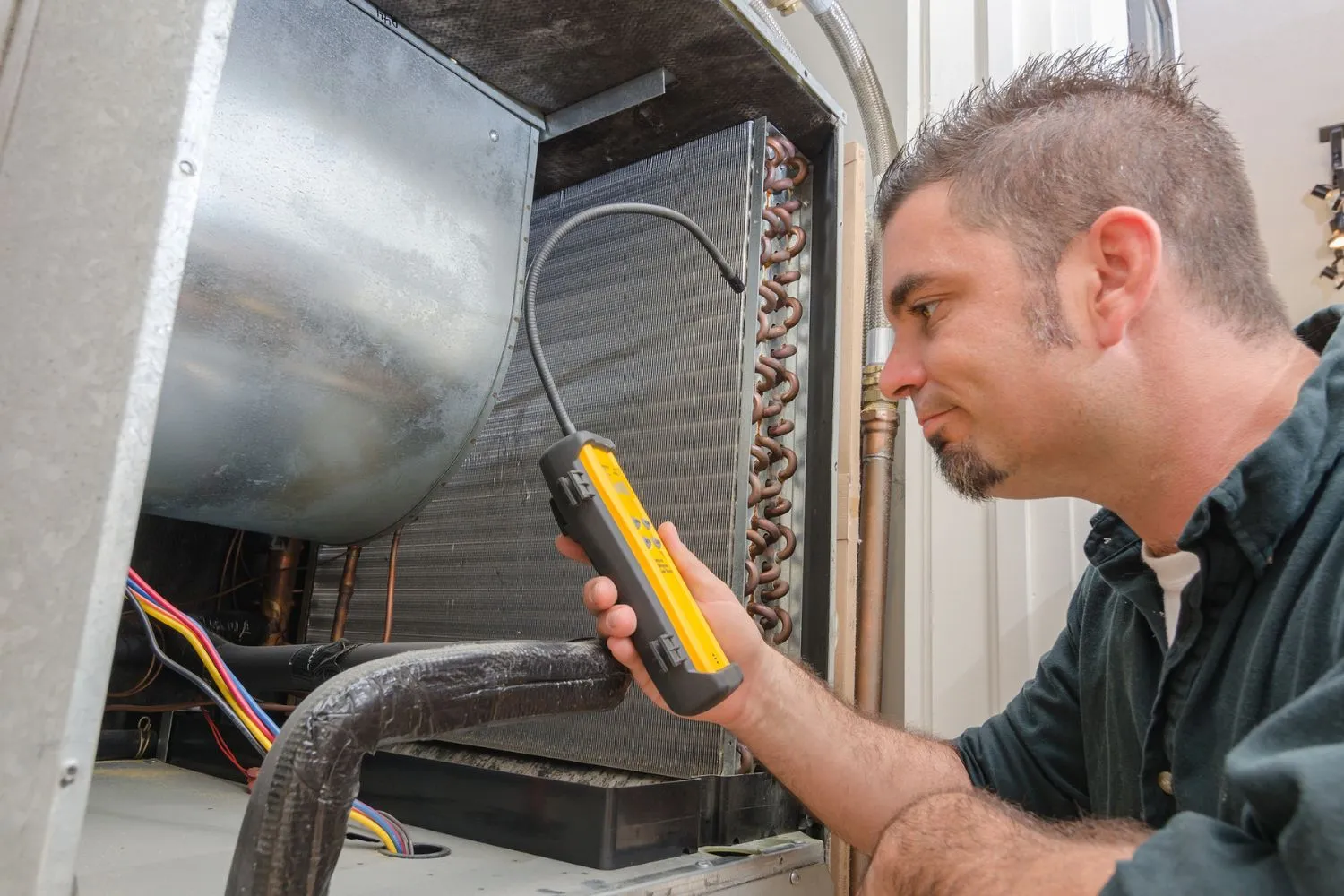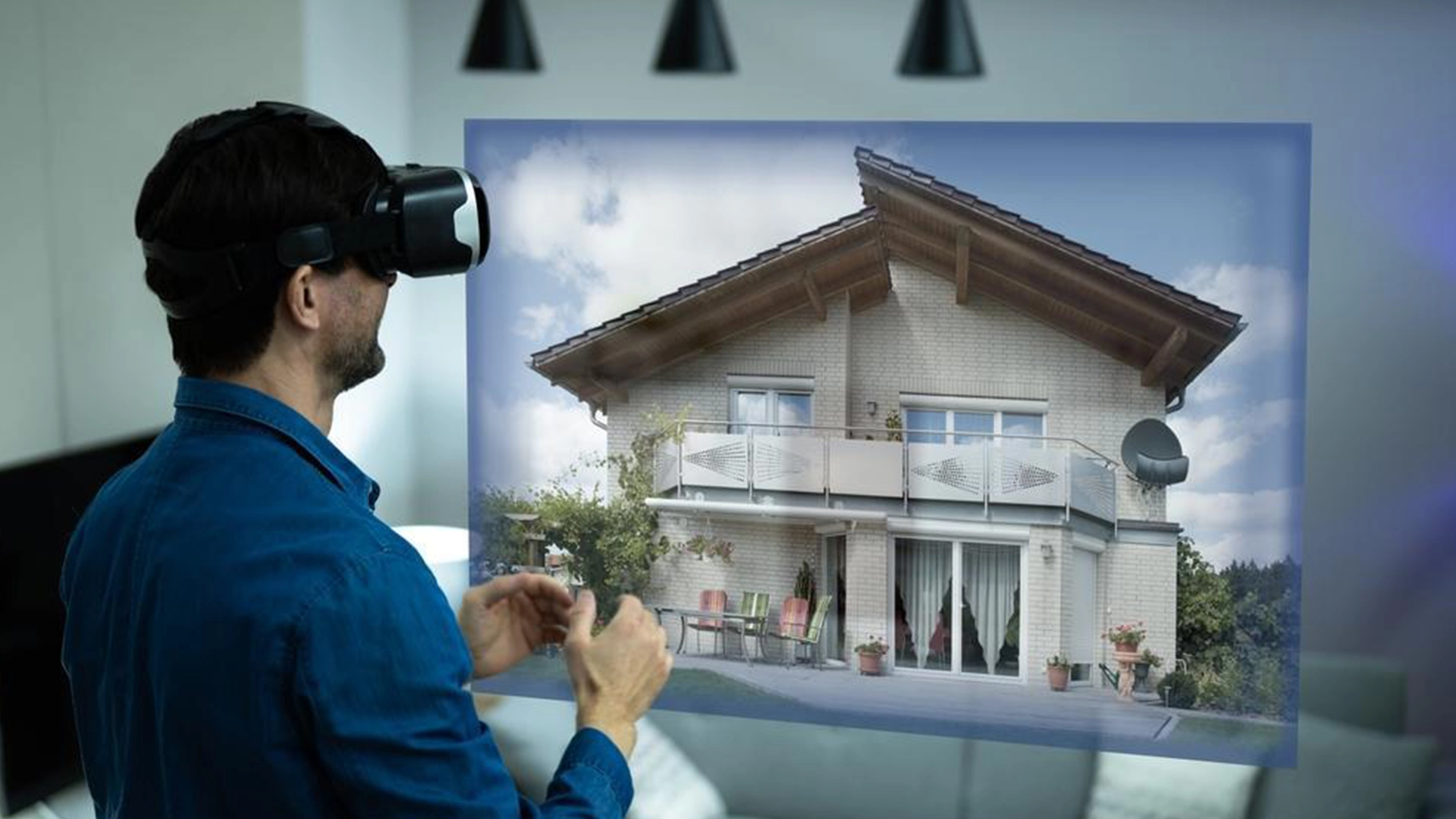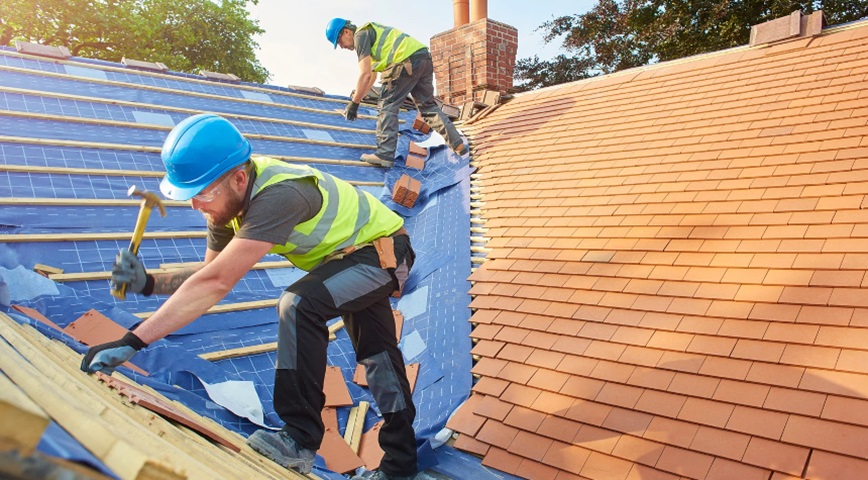During the height of summer, a malfunctioning air conditioning system can quickly escalate from an inconvenience to an urgent matter. When faced with a sudden breakdown, knowing the immediate steps to take can not only provide temporary relief but also prevent further damage and ensure a swift resolution. When considering air conditioning repair in Manassas, VA, seek a professional and reliable HVAC service provider. This article will discuss the best course of action to take when dealing with an emergency AC repair situation.
Understanding Common Issues
Various factors can contribute to an air conditioner’s malfunction. Electrical issues such as tripped circuit breakers or blown fuses are common culprits. Another typical problem is refrigerant leaks, which drastically reduce the cooling capability of the unit.
Clogged or blocked ducts can also hinder airflow, leading to insufficient cooling. In some cases, the external unit might be obstructed by debris or plant growth, affecting its operation. Keeping the area surrounding the unit clear and ensuring all components are in good working order can mitigate such issues.
How to Identify an Emergency AC Repair Situation?
The first step in handling an emergency AC repair is recognizing that there is a problem. While some issues may be more obvious, such as no air blowing out of vents or loud noises coming from the unit, others may require closer inspection. Some signs of an AC malfunction include:
- Uneven cooling throughout the house
- Strange odors coming from the vents
- Higher than usual energy bill
- Frequent cycling on and off
Immediate Steps to Take
When an air conditioner stops working, the initial response is often one of frustration and desperation. However, remaining calm can help streamline the troubleshooting process. First, check the thermostat settings to ensure they are correct and that the system is set to “cool.” Many times, a simple adjustment can resolve the issue without the need for professional intervention.
Next, inspect the air filter. A clogged filter can severely impact the system’s efficiency and may even cause it to shut down. Replacing or cleaning the filter can often restore functionality. It’s essential to maintain regular checks by a professional for HVAC in Manassas to prevent such issues from arising.
Seeking Professional Help
If basic troubleshooting does not resolve the issue, professional assistance is needed. Experienced technicians can diagnose and fix complex problems that are beyond the scope of a typical homeowner. For those in urgent need, many services offer emergency repairs to restore comfort as swiftly as possible.
Finding a reputable service provider is critical. Look for technicians who are licensed, insured, and well-reviewed by previous clients. They should have experience with the specific make and model of your unit to ensure effective repairs.
Prevention and Maintenance
Regular maintenance is key to avoiding sudden breakdowns. Scheduling annual inspections can help identify and rectify potential issues before they become serious problems. Routine tasks, such as checking refrigerant levels, inspecting ducts, and cleaning components, should be part of a comprehensive maintenance plan.
During these maintenance visits, technicians can also provide advice on how to maximize the efficiency and lifespan of the unit. Their expertise can offer invaluable insights into energy-saving practices and optimal operational settings.
Conclusion
An unexpected air conditioning failure can be a significant stressor, especially during hot weather. By following immediate troubleshooting steps, understanding common issues, and knowing when to call for professional help, homeowners can navigate these situations more effectively. Regular maintenance and proper care can further minimize the likelihood of future failures, ensuring the air conditioning system remains reliable throughout its lifespan.
Frequently Asked Questions
- What should be the first action when my AC stops working?
First, check the thermostat settings and ensure they are correctly set to “cool.” If the problem persists, inspect the air filter and replace it if it’s dirty or clogged.
- How often should I schedule maintenance for my AC unit?
It’s generally recommended to schedule maintenance at least once a year. However, for optimal performance, consider bi-annual check-ups before and after the summer season.
- Why is my air conditioner blowing warm air?
Warm air can result from several issues, including low refrigerant levels, a malfunctioning thermostat, or blocked ducts. It’s best to have a professional diagnose and resolve the specific cause.









